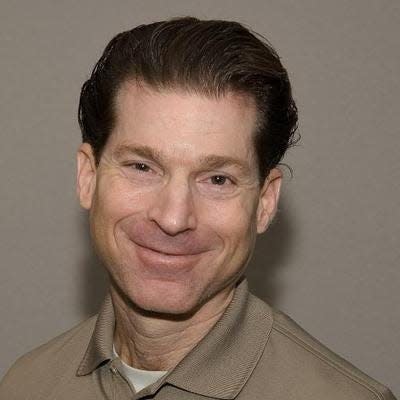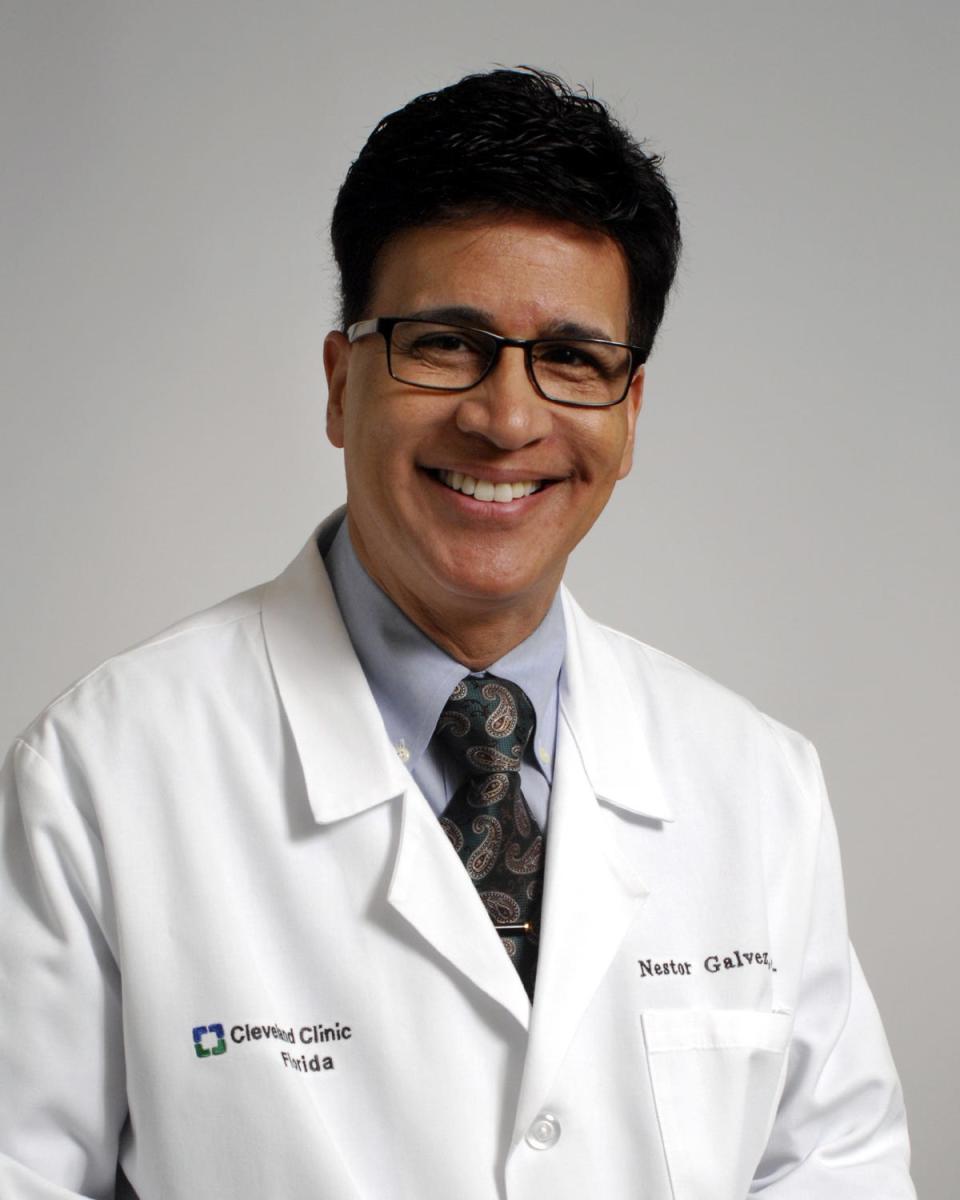Singing an empathetic tune: Billie Eilish advocates for those with Tourette syndrome
- Oops!Something went wrong.Please try again later.
- Oops!Something went wrong.Please try again later.
Editor's note: Steve Dorfman is widening his lens in exploring pertinent wellness issues for our readers — because Health Matters to everyone.
For far too long Tourette syndrome — a neurological condition that can cause people to experience tics, sudden uncontrollable movements or to make sudden sounds — has been either misunderstood or played for laughs in popular culture.
Popular singer-songwriter Billie Eilish is out to change that — because she’s one of the millions of young Americans living with the condition.
Eilish, 20, spoke about having been diagnosed at age 11 with her condition during an interview last month on David Letterman’s Netflix show “My Next Guest Needs No Introduction.”
Celebrities with Tourette syndrome: Billie Eilish isn't the first
More: What you need to know about 'treatment-resistant' depression — and how to combat it
More from Steve Dorfman: Johnny Depp-Amber Heard civil trial puts focus on intimate partner violence and abuse
“I'm very happy to talk about it," she said. "I actually really love answering questions about it because it's very, very interesting, and I am incredibly confused by it and I don't get it.”
Here’s how her condition manifests: “I never don't tic at all, because the main tics that I do constantly, all day long, are like, I wiggle my ear back and forth and raise my eyebrow and click my jaw ... and flex my arm here and flex this arm, flex these muscles. These are things you would never notice if you're just having a conversation with me, but for me, they're very exhausting."
Interestingly, though, when she’s “focusing” on other things — such as performing or riding horses — the “ticcing” tends to dissipate.

Eilish first revealed that she had the condition in 2018, and immediately afterward, several fellow performers told her about their own struggles with the condition.
“So many people have it that you would never know,” she told Letterman.
When her condition is acting up, she noted that “the most common way that people react is they laugh because they think I'm trying to be funny. They think I'm [ticcing] as a funny move. And so they go, 'Ha.' And I'm always left incredibly offended by that. Or they go 'What?' And then I go, 'I have Tourette's.'"
Ultimately, though, Eilish has become comfortable — both in her own skin and as an advocate for those with Tourette’s: “It's not like I like it, but I feel like it's … part of me. I have made friends with it.”
Understanding Tourette syndrome

According to data from the U.S. Centers for Disease Control and the National Tourette Syndrome Association, it’s estimated that 1 in 100 school-aged children in the U.S. is living with Tourette syndrome or another “tic disorder,” meaning it afflicts some 3 million people nationwide. An estimated 200,000 people nationwide have the most severe form of the disease.
Tics are involuntary movements that may be motor or vocal. Many children will go through a phase in which an excessive motor or vocal behavior becomes prominent. Only when the combination of both motor and vocal tics — not one or the other alone — lasts more than a year is a clinical diagnosis of Tourette proper.
“Tourette syndrome is a clinical syndrome, meaning that the diagnosis is made based on symptoms and signs supported by a careful neurological examination,” says Cleveland Clinic Weston neurologist Dr. Nestor Galvez. “It is characterized by the combination of motor and vocal tics that last more than a year. Most motor or vocal tics will last less than a year in most kids.”

Galvez notes that Tourette is usually diagnosed in childhood — but that “there have been rare cases in which the diagnosis is made in adulthood when individuals have spent many years struggling with undiagnosed symptoms.”
About one-third of people with Tourette have attention deficit disorder (ADD) and about one-third have obsessive-compulsive disorder (OCD). And anywhere from 10% to 30% of Tourette’s sufferers may also have anxiety and depression.
Schoolteachers often play a vital role in identifying youngsters who may have Tourette.
Galvez says that increased awareness about this condition means that “most schoolteachers are adept at noticing which children are struggling or have difficulties with attention span or may be behaving in a way that’s disruptive to themselves and others. This is when teachers should call for an evaluation.”
In addition, Galvez has found that teachers are often in the best position to keep track of how a young child is progressing in their treatment.
Often, though, Galvez has found that one of the biggest challenges is getting parents to be on board with the diagnosis.
“Parents should be open-minded in accepting this diagnosis as it is not the child’s ‘fault’ but rather is an intrinsic component of the youngster’s nature,” he says.

Experts aren’t sure what causes Tourette syndrome and treatments for the condition need to be highly individualized and multipronged.
Motor and vocal tics can usually be controlled with a variety of medications.
It’s also possible that a child may have psychological and/or psychiatric issues that are limiting progress toward improving the condition, so those may need to be addressed as well.
But the most important message Galvez wants to send about Tourette syndrome echoes what Eilish said.
“In general, most patients with Tourette syndrome live normal, very productive lives,” he says. “Unfortunately, though, there is a major social stigma associated with this condition that’s perpetuated by the entertainment industry’s desire to depict the most severe, anomalous cases.”
That’s why he’s heartened to see Eilish discuss her condition and help normalize the acceptance of those with Tourette syndrome.
“People with Tourette syndrome are no different than anyone else other than not being able to control these movements and sounds,” he says. “We should empathize with them and accept them — just as we accept those with other neurologic conditions.”
This article originally appeared on Palm Beach Post: Tourette syndrome: Billie Eilish advocates; Doctors welcome discussion

